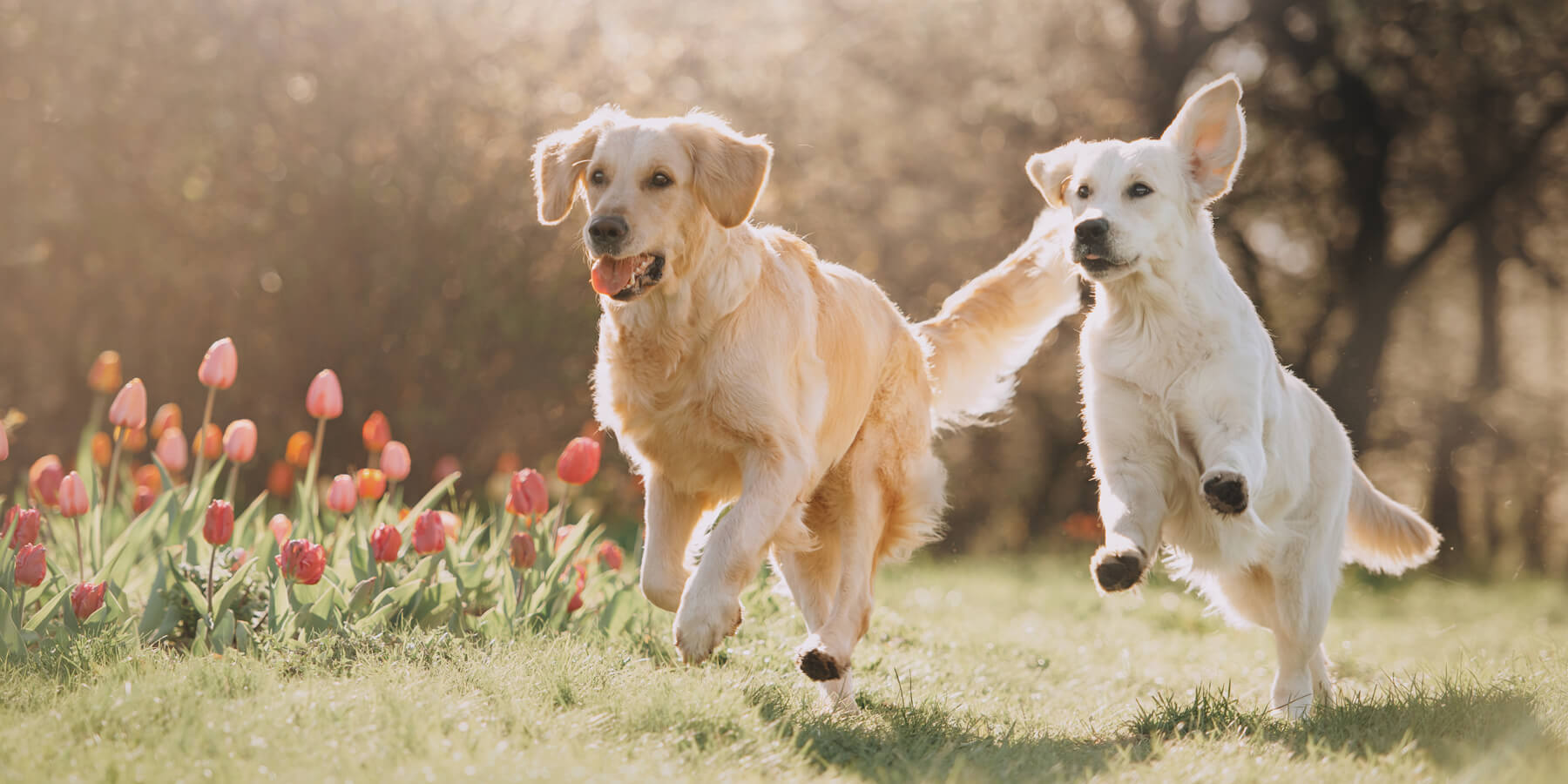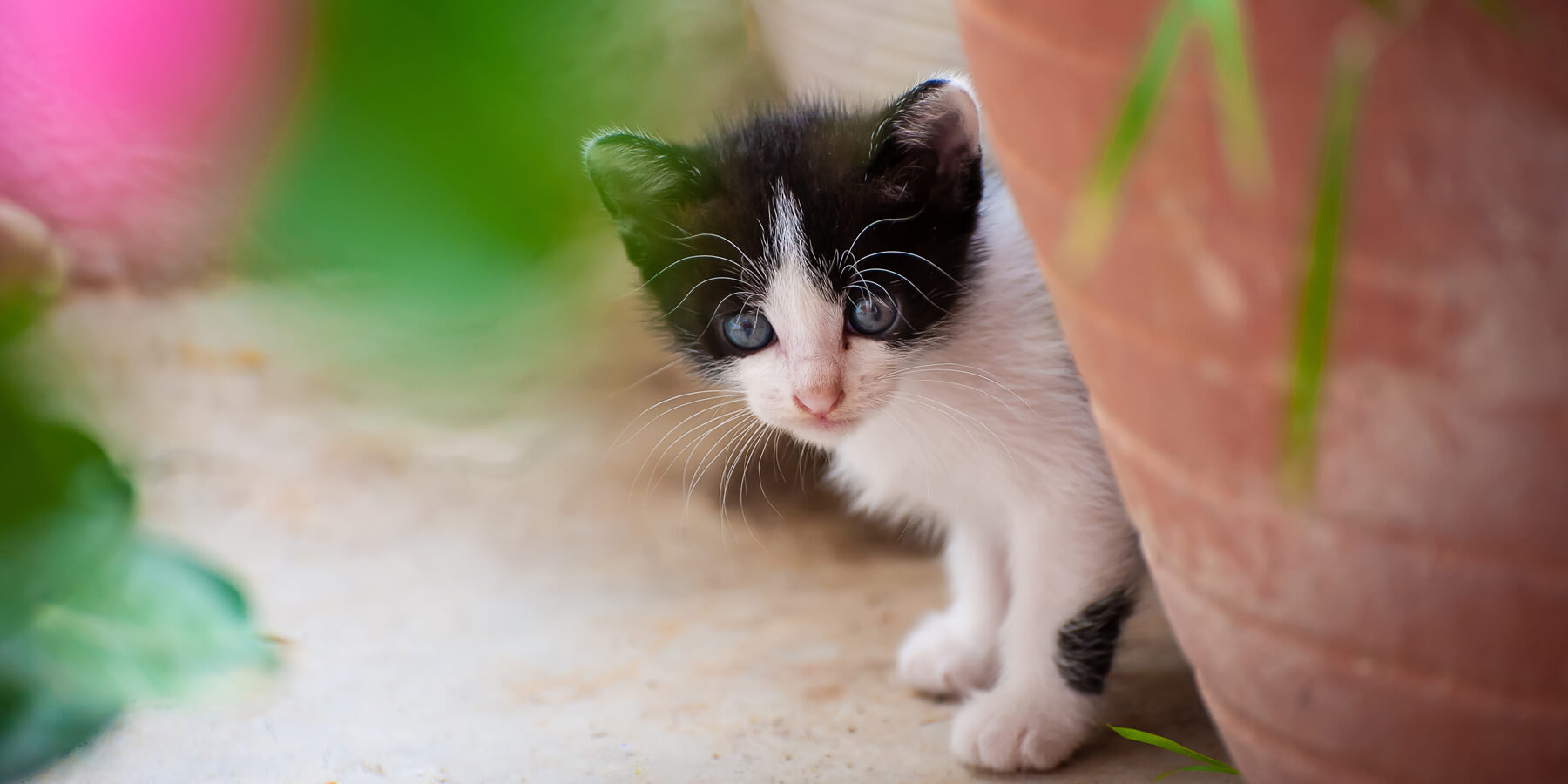The tinsel, the smell of fresh pine, the twinkling lights – Christmas is such a magical time for all of us, including our dogs and cats, but each year, a number of pets have to make an emergency visit to their local vet due to a Christmas feast mishap. Here are some commonly found foods on the family table for your pet to avoid this Christmas.
CHRISTMAS HAM, ROAST DINNERS & ALL THE TRIMMINGS
Foods that are rich and high in fat such as ham, crackling, roasted meats and gravy can upset your pet's tummy, and may cause vomiting, diarrhoea or, if the pet has received a large helping of fatty food in one sitting, pancreatitis.
Pancreatitis is an inflammation of the pancreas where digestive enzymes are not released appropriately and can attack the pancreas itself. This is extremely painful for the pet and can be life threatening. While there are numerous triggers for a pancreatitis attack, a diet that is high in fat or a pet with “dietary food indiscretion” is the most common risk factor.
Signs of pancreatitis are hunched back, pain around abdomen, vomiting, diarrhoea, bloating, dehydration, weakness, dehydration and fever. If your pet shows a number of these symptoms or if you have any concerns on the health of your pet, contact your vet as soon as possible.
In addition to high fat foods, onions and garlic are common ingredients in foods at Christmas time, particularly in stuffing, gravy, or a mixed salad. While dogs can tolerate a certain amount, cats are more sensitive than dogs. Eating a high concentration in one sitting can cause poisoning, and can be fatal. Signs to watch for are stomach and gut irritation, weakness, breathing problems and vomiting.
CHRISTMAS CAKE, CHRISTMAS PUDDING & MINCE PIES
Grapes, raisins, and sultanas are commonly found in these delicious sweet treats in high concentrations. These ingredients can cause illness in dogs and cats, lethargy, kidney failure and death in severe cases. It is unknown exactly why these ingredients to cause this reaction in pets, or why different pets have a range of intensity of illness. Best to just avoid giving these to your pets.
ALCOHOL
Alcohol is significantly more toxic to dogs and cats than to humans. Body size matters. Our pets have much smaller bodies, meaning the effects are amplified even if they consume small quantities. The smaller they are, the more extreme the effects are. Common symptoms include vomiting, diarrhoea, coordination problems, breathing difficulties, tremors, blood changes, coma and even death. It is important to note alcohol has the same effect on a dog’s liver and brain that it has on people, but it takes a lot less volume of alcohol to hurt your pet. And it is not just alcoholic drinks to keep out of reach. Foods such as trifle, brandy custard, and Christmas puddings also contain alcohol as a key ingredient.
CHOCOLATE
Most people know to keep chocolate away from their pet. The darker the chocolate, the less your pet needs to consume to become seriously ill or cause death. Chocolate contains a stimulant theobromine, and theobromine poisoning affects the gut, heart, and kidneys. Signs of poisoning can occur 4 to 24 hours after ingestion, and will cause vomiting, diarrhoea, restlessness, hyperactivity and seizures. Keep watch if you know you have chocolates wrapped up under the tree, especially if your pet has a “nose that knows”.
COOKED BONES
Cooked bones present a choking hazard and are prone to splintering. Sharp splinters can cause teeth, gum, and injuries in the mouth. If the pet manages to swallow a splintered bone fragment, there is a significant risk to piercing the oesophagus or stomach, or intestinal tearing. All will require veterinary intervention.
CHRISTMAS SNACKS
It is the hidden ingredients in snackfoods that can be a silent killer to our pets. Xylitol for example, is an artificial sweetener found in peanut butter, diabetic cakes and biscuits, and sugar free / diet snack foods. Sugar free gums and sweets are particularly high in xylitol. Dogs are extremely sensitive and even eating small quantities of xylitol can cause toxicity. Xylitol poisoning can be fatal. Signs to look for are lethargy, vomiting, loss of coordination and seizures. It is unknown if it is toxic to cats.
Be careful with nuts and dogs. While some nuts are relatively harmless, some can be potential choking hazards because of their shape and size (e.g. almonds), and others can be toxic (e.g. macadamia nuts). It is not known what makes macadamia nuts toxic, but in dogs it can cause severe illness with symptoms of vomiting, weakness, muscle tremors, depression and fever.
FOREIGN OBJECTS
It wouldn’t be Christmas without the torn wrapping paper, ribbon, and other interesting materials that your pet may be curious about. But just like kids, it is important to ensure batteries, cords and other hazards are removed to maintain safety in your environment. This includes storing waste material and bins appropriately and not letting a curious pet get into mischief.
At the end of the day, ensuring your pet is safe, healthy and that their pleading eyes are only used for pats and ball games, will enable you to focus on the things that make Christmas joyful and magic.
Wishing you and your furry one a merry and safe Christmas.



